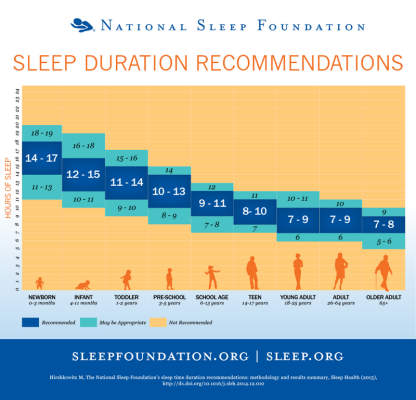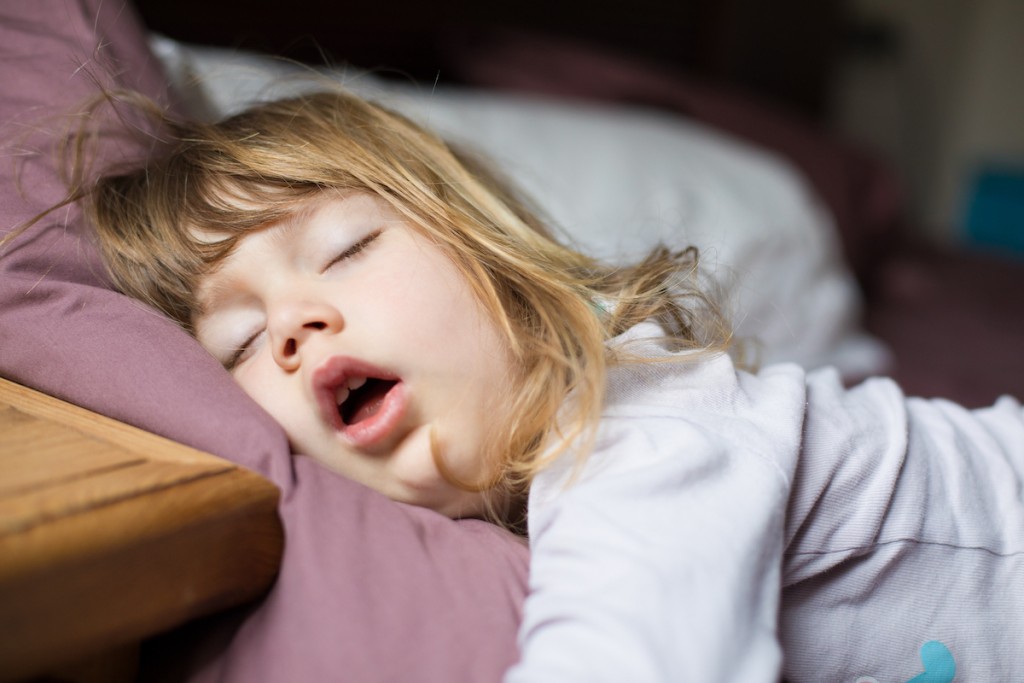Getting a good night’s sleep – it’s practically a treasure for us parents, isn’t it? I mean, who can deny the life-changing magic of a full night’s rest? If your little ones are night owls, you’re well aware of how their nocturnal adventures can mess up your sleep schedule and leave you feeling like a zombie come morning. From tackling sleep training to bargaining with tiny negotiators, we’ve all been down the sleep-deprivation road at some point. And let’s face it, nobody wants a sleep-deprived child, or for that matter, a sleep-deprived parent!
Sleep is just as vital as proper nutrition and exercise; it’s when the body gets to work repairing itself and sorting out those neurotransmitters that help our brain cells chat with each other. But the million-dollar question remains: How much sleep is enough? Well, let me tell you, my household has hosted countless debates on this topic, especially when there are just ten minutes left in that movie we’ve all been watching!
Now, as we slide back into the new school semester after what feels like the longest summer break ever, it’s the perfect time to set some ground rules for sleep. Once the school routine is back in full swing, our kids’ sleep patterns tend to find their groove again. So, let’s take a moment to understand how much sleep is enough for our little ones and when it’s time to tuck them in for the night. Good luck, fellow parents!
Sleep Duration Recommendations
Here are the sleep duration recommendations straight from the National Sleep Foundation. These guidelines are crucial to avoid the perils of sleep deprivation, which can lead to more severe health issues and hinder early child development.
It’s alarming to note that a few years back, a survey revealed that nearly a quarter (24%) of teachers admitted to letting exhausted children nap in the corner of their classrooms. For 65% of these teachers, the problem was so serious that it affected their students’ long-term progress, while 48% claimed that lack of sleep made children unruly and poorly behaved.
Now, it’s essential to understand that some kids can thrive on less sleep than others. These sleep patterns offer a rough estimate of how much sleep children of different ages typically need, but remember, it’s not set in stone. A study found that 48% of parents with kids under 5 didn’t know that a 3-year-old needs 12 hours of sleep at night, 33% were unaware that 6-12-year-olds need 10 hours, and 39% didn’t realize that teenagers require 8-9 hours.
Here’s a breakdown of the recommended sleep durations:
- Infants aged 4-12 months need 12-16 hours of sleep in a 24-hour period.
- Toddlers aged 1-2 years typically need 11 to 14 hours of sleep per day, including a nap.
- Preschool-age children usually need 10 to 13 hours of sleep per day.
- Children aged 3-5 years need 10-13 hours of sleep per night.
- Children aged 6-12 years need 9-12 hours of sleep per night.
- Teens aged 13-18 years need 8-10 hours of sleep per night, with early teens requiring 10 hours and older teens getting by with 8 hours.

Remember, these hours are guidelines, and it’s crucial to prioritize sleep quality over quantity while establishing a solid bedtime routine. Just like adults, some children need more sleep, and some need less.
A Good Sleep Routine
Here’s what you should aim for:
- Establish a bedtime routine for everyone, yes, including us parents!
- Maintain consistent bedtimes and wake-up times.
- Simplify nighttime rituals with teeth brushing, reading, and snuggling.
More Zzzzzzs Please
Now, let’s talk about your little one. For them to enjoy restful nights, they should:
- Drift off to sleep within 10-15 minutes of getting into bed.
- Learn to fall asleep independently without relying on a parent or sibling (let’s avoid becoming their “human pillow”).
- Wake up alert in the morning.
- Not require constant reminders to wake up (unless they’re teenagers, in which case, well, they’re a unique breed!).
- Limit daytime napping.
For Better Sleep
To ensure better sleep, your child should also:
- Avoid television and screen time at least 1 hour before bedtime.
- Keep toys out of bed unless they’re comfort items, not distractions.
- Avoid exercising right before bedtime.
- Steer clear of foods containing chocolate or caffeine before bedtime.
Benefits Of Good Sleep

The benefits of a good night’s sleep are plentiful and extend beyond just a few quiet hours for Mom and Dad. When our kids get the sleep they need, they perform better, display improved concentration and alertness, and are generally less cranky. Additionally, they may have a lower risk of becoming overweight, developing diabetes, and experiencing learning problems or attention issues at school. Oh, and don’t forget about that growth hormone, primarily secreted during deep sleep – it’s no wonder we exclaim, “I swear you’ve grown taller overnight!”
When Kids Just Can’t Sleep
Now, of course, there will always be exceptions to the rule. If your child regularly struggles to fall or stay asleep, it’s worth consulting a specialist. Sleep apnea is a very common physical condition for children and can be as detrimental to their sleep and health as the psychological condition of night terrors.
Speaking of challenges, with the surge in anxiety and allergy symptoms these days, our friends over at Slumberyard have shared a fantastic article on helping kids who are struggling with sleep issues due to allergies as well as anxiety. Their guide covers everything from reducing allergens in the bedroom to quick tips for getting better sleep during allergy season.
For Exhausted Parents Everywhere
And finally, for those days when you need a “Sorry I Screamed at You” greeting card, our dear friends from the Mighty Moms Club have penned an open letter to all you exhausted parents out there. Because let’s face it, we’ve all been there, and sometimes a little understanding and camaraderie go a long way.






